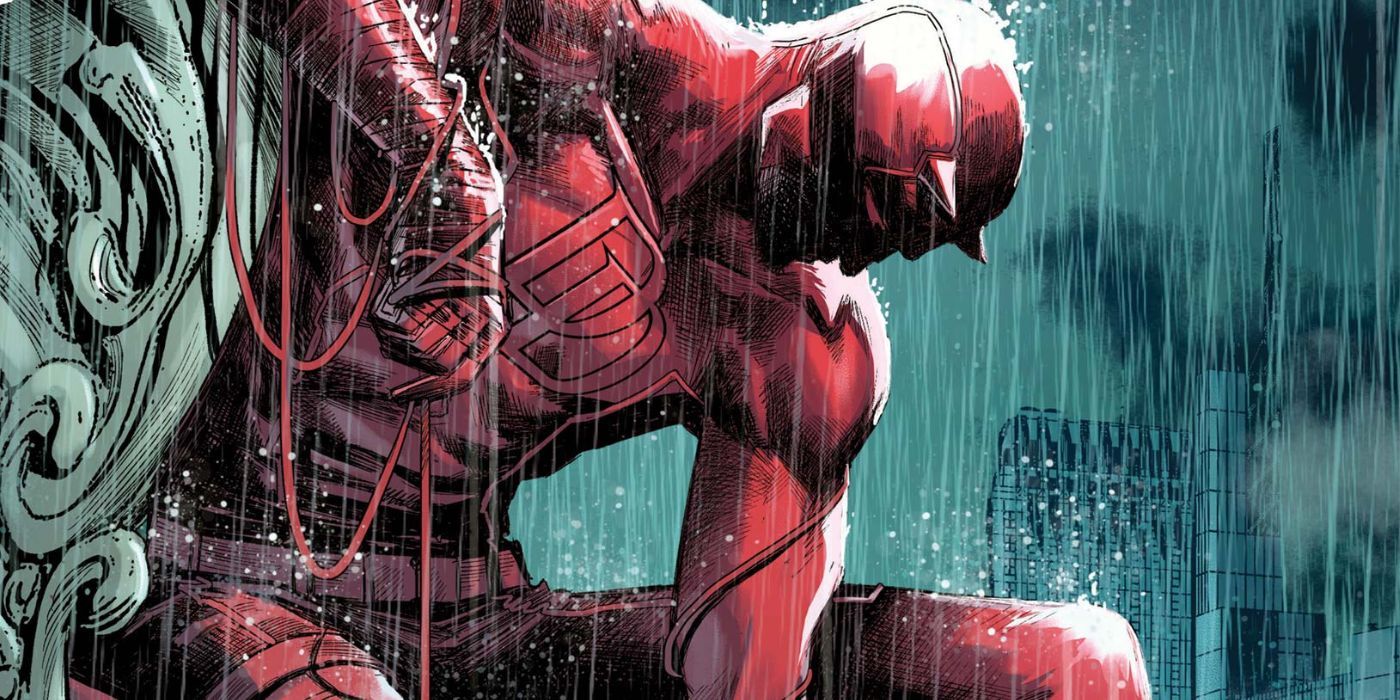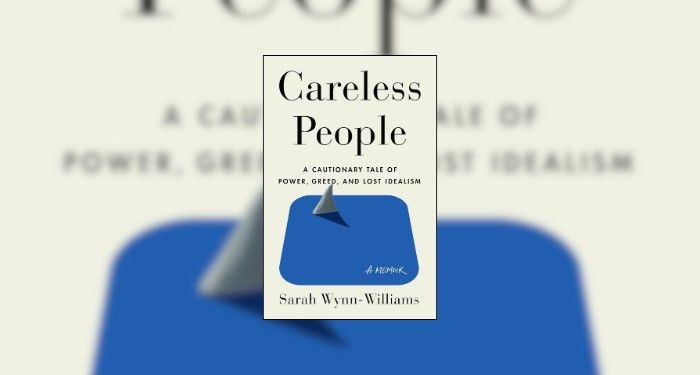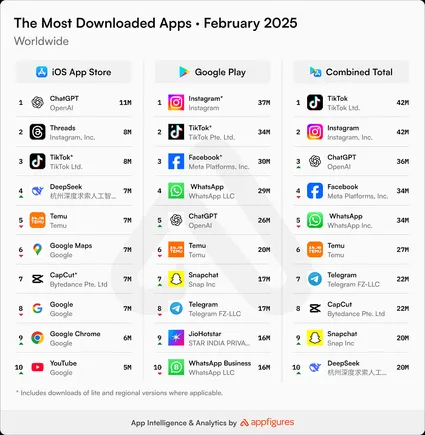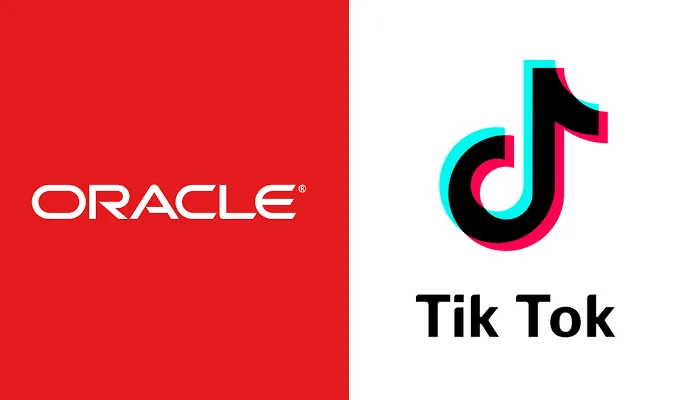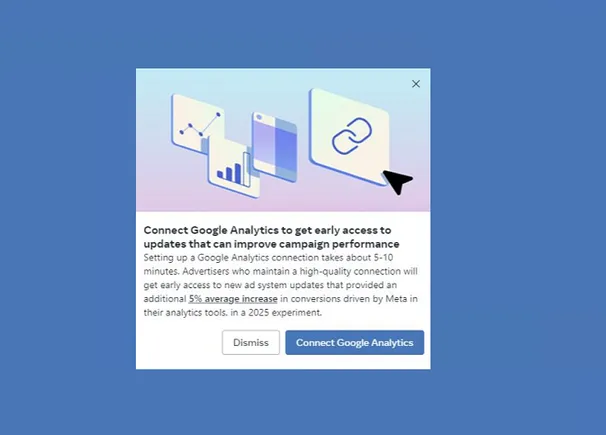Honda Motor Co. is shelving plans to jointly develop affordable electric vehicles with General Motors Co. due to a changing business environment, Chief Executive Officer Toshihiro Mibe said.
The carmakers had agreed in April of last year to create a new architecture based on GM’s Ultium EV battery that will be used primarily for small crossover sport utility vehicles, with plans to roll out the first models in North America in 2027.
GM warned earlier this week that it can no longer say whether it will achieve its forecast for $14 billion in profit this year, blaming the United Auto Workers strike because it’s made the company’s financial future too difficult to predict. Costs are mounting on the order of $200 million a week due to work stoppage-related costs, on top $800 million already, the carmaker said.
“After studying this for a year, we decided that this would be difficult as a business, so at the moment we are ending development of an affordable EV,” Mibe said in an interview with Bloomberg Television. “GM and Honda will search for a solution separately. This project itself has been canceled.”
Mibe didn’t specifically mention the UAW strike, but cited cost and cruising distance challenges as reasons for halting the plan.
Their goal was to assemble EVs that will be priced below GM’s planned $30,000 Chevrolet Equinox and similar future offerings from Honda. By joining forces, GM and Honda were betting on reducing battery costs faster and developing EVs at prices to rival market leaders Tesla Inc. and BYD Co.
GM and Honda had been deepening ties to share development costs and increase sales. The automakers have been working together on hydrogen fuel cells since 2013 and are collaborating on EV batteries, gas-powered vehicles and self-driving technology.






































